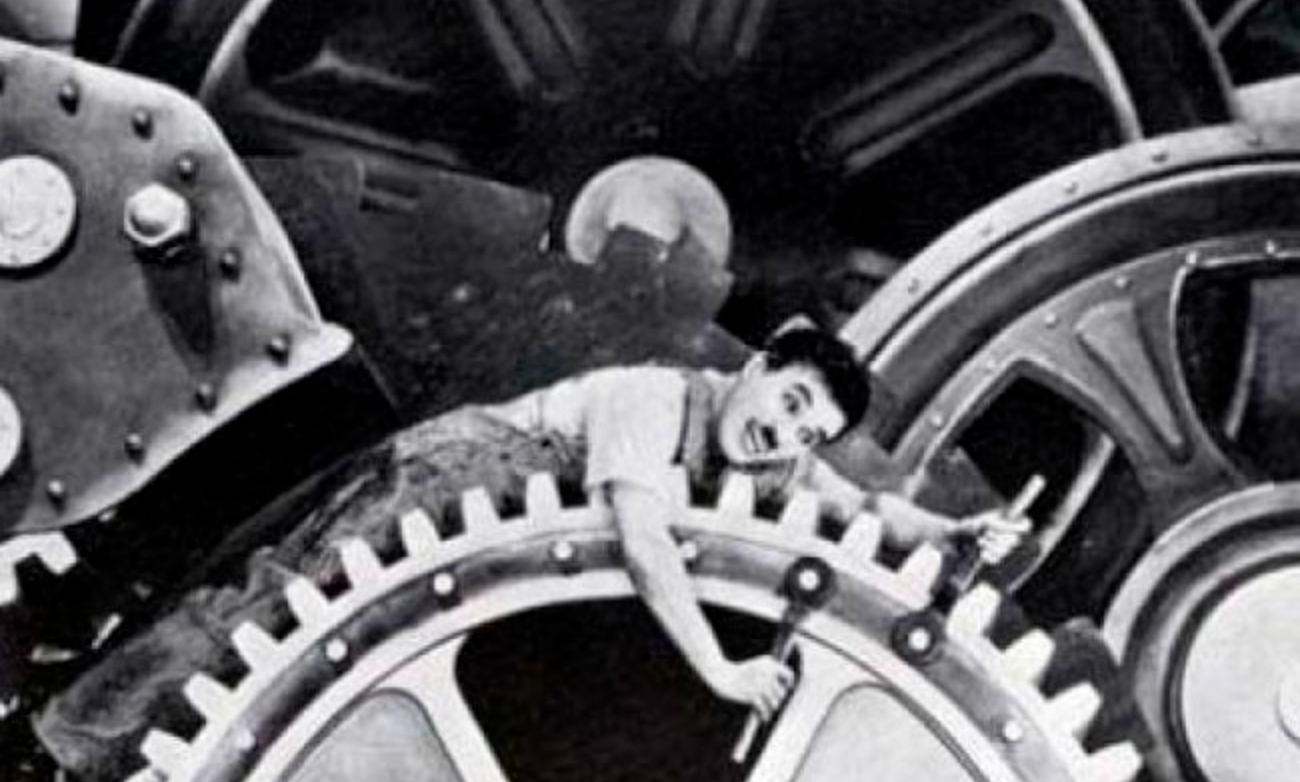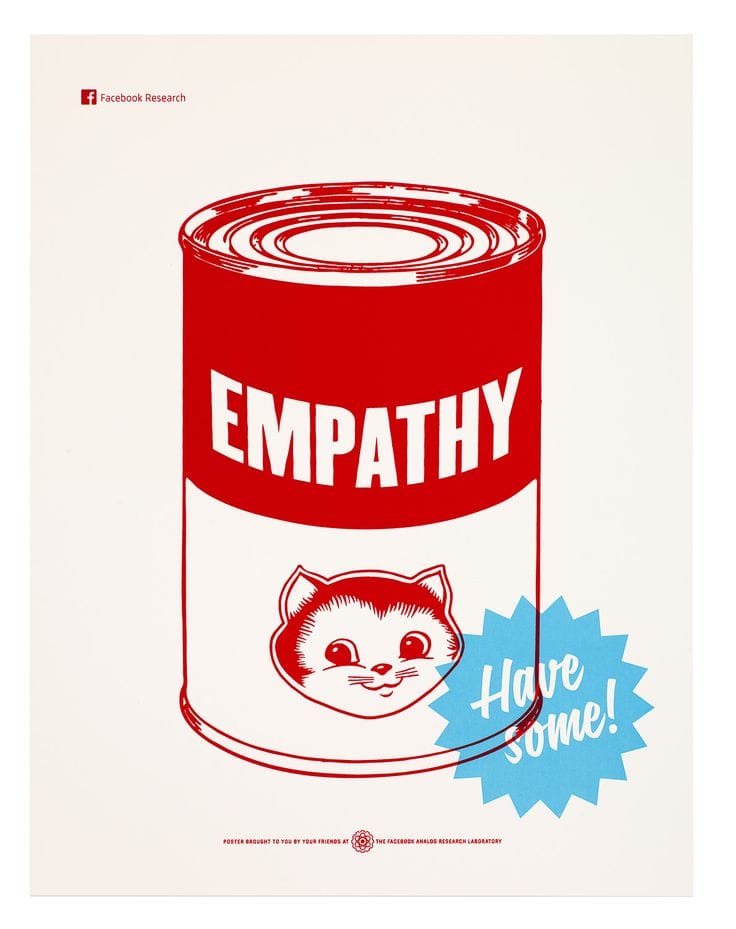Ungamify Your Brain

As I mentioned in last week's post, I started noodling around on the topic of "ungamifying" my brain. At the time, it felt kind of dumb and boring. I worried that I was just repeating what other people were saying. But over the week I thought more about it and decided to come back to it because I think there's something here that I want to try and dig out.
If you've ever spent any time in a doctor's office, or dealt with a serious disease, you've probably found yourself suspended in the unpleasant abyss that exists between two very different spaces: What the statistics say and what you, a patient and an individual human, are experiencing. Medicine, for all its necessary reliance on facts, is as much an art as it is a science. As much as we know, and as far as we've come in our understanding of both the body and the mind, there is still so much we don't know and have yet to learn. As a discipline, it is deeply and unavoidably human on nearly every level. And there are constantly moments when a doctor or nurse has to (or at least should) distinguish between the statistics and the individual patient before them, who is presenting symptoms. This is a really difficult dance, and not one all brains are equipped for, especially not in a system that doesn't train people how to do it, let alone support or reward it.
Before you ask me: No, I am not a medical doctor but I do have my own expertise in this area. I did my dissertation on doctors, during which I conducted a whopping 400 (FOUR HUNDRED) hours of participant observation in medical offices (this is truly insane, please do not repeat this if you ever do an ethnography for your dissertation). I'm also the daughter of a doctor, so I grew up in and around medical environments, and I've taken care of and advocated for a very sick parent who was being treated for an aggressive cancer. I actually have an enormous amount of empathy for doctors, many of whom are caught in a system that is as awful for them as it is for patients. But I also readily acknowledge that, just like in every profession, there are a lot of people who become doctors who are ill-suited to the profession and who are, at best, mediocre at their jobs.
Anyway, I bring all of this up because, while it's certainly not the same feeling we have with tech, it's adjacent enough to be useful. What we feel with tech is hard to describe because it's usually less acute, less pinpointed. But almost everyone has felt the tension between what we might call "big data" and the experience of the individual in a medical setting. The understanding that the facts and figures are important but what matters most, right now, when I am scared and hurting, is my own lived reality. Maybe the statistics say that what I feel isn't common or even possible, but I feel it, so what do we do? Maybe the statistics say there's a 40% recovery rate, but what does that say for me, the individual? Maybe the statistics say this treatment puts me at higher risk of complications, but what if that data is obsolete, or what if it might be worth the trade off? How do I make myself heard? How do I make someone believe that what I'm going through is real? How do we figure out what matters? How do we find human solutions to the most fundamentally human problems? The individual can so easily and so frequently get lost, especially in the US healthcare system.
Tech is also an industry that loves numbers. Big numbers and big data. Everything can and must be measured. Everything can be reduced to some kind of a metric, so we can measure it and track it and change it. The entirety of the human experience can and will be quantified, if tech has anything to say about it.
Do you remember about a decade ago, when empathy was a big industry buzzword? Everyone was so eager to show how empathetic they were that even companies were trying to prove it. The height of absurdity was when the Harvard Business Review published an article entitled – I wish I were joking – Corporate Empathy is Not an Oxymoron, which argued that empathy can and should be measured. That we should have an empathy metric to better measure how empathetic companies can be. I wrote a whole thing about how angry this made me, and isn't it fun, I'm still angry. But now I'm angrier, and for even bigger reasons. It's like every aspect of our lives have been Taylorized. Everything we do and feel needs to be measured, weighed, compared, increased, reduced, improved, and all in the service of...who? Or what? The big data that help these companies drive up their stock prices, and the little data that help us feel like we have some measure of control in lives that are ever more at the mercy of the various technologies we're beholden to?

I keep coming back to the art and science of it all, to the tension of the quant and qual, the value and meaning we assign to whatever we're doing. Just like in medicine, the numbers and statistics are important, but where is the individual? Where's the literal human? I've written before about my theory that the tech industry gutted user research in part because it's easier to ignore human problems when you don't know specifically what they are. But more and more I believe the human has been missing for much longer than we even realize, and it's only apparent now because we're so distracted by one set of numbers so we can be squeezed to death for another.
And look, sometimes the smaller numbers can help us. When I wore my Apple Watch, I did like seeing the metrics trend upward. I liked knowing when I walked more over a period of time, and seeing just how much exercise I was getting in some kind of quantifiable way. I know there are people who love data, whose brains light up in much more quant ways than mine does, and I think that's great. More power to them, and to me, when I found value in it. But there was and is a limit to that value, because we are each of us an individual human up against some daunting statistics.
It's funny that I'm writing this on the day I got the kit to send my Apple Watch back to Apple to get a trade-in credit. After I wrote my whole thing about how I hated it, it still took me a while to even go a day without it. It was so strange, like I was worried I would miss out or lose something important if I didn't? Finally one day I woke up and thought, you know what, I don't feel like wearing it, so let's see how it goes. I loved how it felt so much that I haven't worn it since.
Wearing it for a year pushed me over the edge of a territory I had known existed but had yet to experience, the territory of Too Much Tech. The watch hadn't made me engage with my phone less like I'd hoped, but somehow I was on it even more than ever. I felt more tethered, as if I had tagged myself like a cow in a slaughter yard. It would buzz with alerts and I'd feel annoyed. It would fail to track something and I'd feel annoyed. But when I'd go to turn off the notifications, I'd stop because if I did, what was the point of the watch besides a fitness tracker? Or if I told myself to not to not care about the rings I'd again think, what is the point? And honestly I did care about the rings, almost more than the actual activities and benefits they represented, like a walk itself counted if and only if it was recorded. I was the proverbial tree in the forest, and if I had fallen I am absolutely sure the sound ring would not have closed.
As someone who always tends more toward the qualitative side of things, I am constantly surprised at how easily I get seduced by metrics and numbers, how my brain responds to gamification. I think about this every day when I do Duolingo. I'm using the app to brush up on languages I learned years ago and to start learning new languages, but whenever I open it, I suddenly want to earn a bunch of points. I'll find myself not even paying attention to the lessons, just speeding through them in order to earn more points. For what? To be in a "tournament"? Which means nothing? Will I go to France and be like, ah yes, you may know me as the woman who once was in the top three of the Duolingo Diamond Tournament, only I will say it in French? No! Never! I want to talk to people! I hate this.

I'm trying to pay more attention to how I feel and what kind of response I have to these sorts of stimuli, or lack thereof. Forever a researcher, I think a period of observation is helpful. My time in the land of Too Much Tech has made me feel a sense of relief when I stopped wearing the watch, and I now weirdly find it easier to be on my phone less, especially when I'm around other people. More often I want to leave it in another room, turn it to Do Not Disturb, keep it in my bag rather than see every single stupid email that comes in from mailing lists I keep wanting to unsubscribe from. And when I go to the gym or take a walk, I try to focus my attention on what I'm doing and ask myself what I want to get out of doing it. I know, this sounds so hokey and dumb when I type it out, but I feel like engaging in this literal mindfulness of observation experience is a necessary step of building back up a sense of awareness about every single moment we're distracted and dehumanized by tech.
Maybe what I'm trying to say is that, just like at the doctor, I have to remember that I am the patient presenting with problems. I am willing to advocate for myself each and every time with every new doctor, so I need to question why I capitulate without thinking about it when it comes to tech, even when – especially when! – I think I don't. And at least in medicine, my human experience might help inform the statistics for the greater good. I don't believe that's true of tech. Every path of agency I can find is worth exploring right now. So does every path that reconnects me back to a more human experience.
Until next Wednesday!
Lx
Leah Reich | Meets Most Newsletter
Join the newsletter to receive the latest updates in your inbox.
